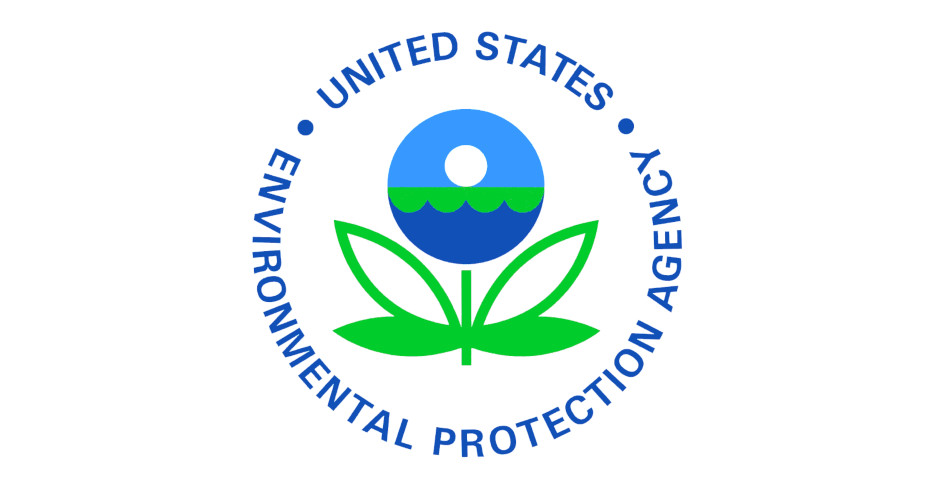— Published with Permission of WesternWire.net —
The Trump administration moved to revise the definition of “waters of the United States” or WOTUS rule under the Clean Water Act that Western elected officials hailed as fairer for farmers, ranchers and landowners.
The announcement came Tuesday as Environmental Protection Agency Acting Administrator Andrew Wheeler released details the agency said would provide a “straightforward definition that would result in significant cost savings, protect the nation’s navigable waters, help sustain economic growth, and reduce barriers to business development.”
“Our proposal would replace the Obama EPA’s 2015 definition with one that respects the limits of the Clean Water Act and provides states and landowners the certainty they need to manage their natural resources and grow local economies,” said Wheeler. “For the first time, we are clearly defining the difference between federally protected waterways and state protected waterways. Our simpler and clearer definition would help landowners understand whether a project on their property will require a federal permit or not, without spending thousands of dollars on engineering and legal professionals.”
EPA was joined by the Department of the Army Corps of Engineers (Corps) in presenting the revisions
“EPA and the Army together propose this new definition that provides a clear and predictable approach to regulating ‘waters of the United States.’ We focused on developing an implementable definition that balances local and national interests under the Clean Water Act,” said R.D. James, Assistant Secretary of the Army for Civil Works. “I have heard from a wide range of stakeholders on Clean Water Act implementation challenges. This proposed definition provides a common-sense approach to managing our nation’s waters.”
Comments on the proposal will be given 60 days following publication in the Federal Register, and a listening session will take place in Kansas City, Kansas on January 23, 2019.
U.S. Sen. John Barrasso (R-Wyo.), chairman of the Senate Committee on Environment and Public Works (EPW), said, “Americans deserve clean water and clear rules.”
“The Trump administration’s new proposal respects the authority Congress gave EPA and the Army Corps under the Clean Water Act. Regulations must follow the law and be easy for Americans to understand. This new proposal does that,” Barrasso said in a statement.
The Wyoming senator blasted what he called a “confusing” regulation that ensnared private property and limited the rights of property owners.
“The old WOTUS rule put Washington in control of ponds, puddles, and prairie potholes. The regulation was so confusing that property owners and businesses could not determine when permits were needed. Even worse, it inserted Washington into local decision making. This overreach put unfair restrictions on how farmers, ranchers, and landowners could use their property. I am glad the new proposal addresses these issues,” Barrasso said.
EPA said the new clarified rule would provide “predictability and consistency” so that stakeholders know where the rule applies, and perhaps more importantly, where it does not apply.
“Under the agencies’ proposal, traditional navigable waters, tributaries to those waters, certain ditches, certain lakes and ponds, impoundments of jurisdictional waters, and wetlands adjacent to jurisdictional waters would be federally regulated,” EPA said. “It also details what are not “waters of the United States,” such as features that only contain water during or in response to rainfall (e.g., ephemeral features); groundwater; many ditches, including most roadside or farm ditches; prior converted cropland; stormwater control features; and waste treatment systems,” the agency added.
U.S. Sen. Jim Inhofe (R-Okla.), senior member of the Environmental and Public Works Committee, called the 2015 rule “flawed.”
“We needed a right-sized WOTUS rule, and that is exactly what President Trump and Acting Administrator Wheeler delivered. The new rule will clearly define the jurisdiction of the Clean Water Act in a straightforward manner, alleviating the burden farmers and landowners face under the Obama-era rule requiring them to spend tens of thousands of unnecessary dollars to determine if they need to obtain a federal permit to make improvements to their land,” Inhofe said.
“Thirty-two states, two courts and even members of Obama’s own administration all agreed that the Obama-era WOTUS rule was deeply flawed and an illegal land-grab by unelected federal bureaucrats,” he added.
A U.S. District Court decision in August had revived the WOTUS rule in 26 states: California, Connecticut, Delaware, Hawaii, Illinois, Iowa, Louisiana, Maine, Maryland, Massachusetts, Michigan, Minnesota, Mississippi, New Hampshire, New Jersey, New York, Ohio, Oklahoma, Oregon, Pennsylvania, Rhode Island, Tennessee, Texas, Vermont, Virginia and Washington.
Two injunctions in North Dakota and Georgia blocked implementation in the remaining 24 states.
House Natural Resources Committee Chairman, U.S. Rep. Rob Bishop (R-Utah), praised the administration’s reversal of the “reckless expansion” of regulation presented in the previous rule.
“The previous WOTUS rule from 2015 was a reckless expansion of federal control. EPA did an excellent job of including the voices of many who are directly impacted by the WOTUS rule. Today is a win for many Utahns and Americans across the country,” Bishop said.
Congressional Western Caucus Chairman, U.S. Rep. Paul Gosar (R-Ariz.) agreed.
“Like a villain in Scooby Doo, the past Administration almost got away with an unparalleled expansion of Federal power,” Gosar said. “The WOTUS land and water-grab rule proposed by the Obama Administration was one of the greatest regulatory threats to the West and rural communities. Fortunately, this legally-dubious effort was unmasked for what it was by the Supreme Court and this Administration.”
Other Western Caucus members, like Rep. Scott Tipton (R-Colo.), called the rule “onerous” and the revisions “welcome news.”
Opponents have pledged to fight the final revised rule in court.


